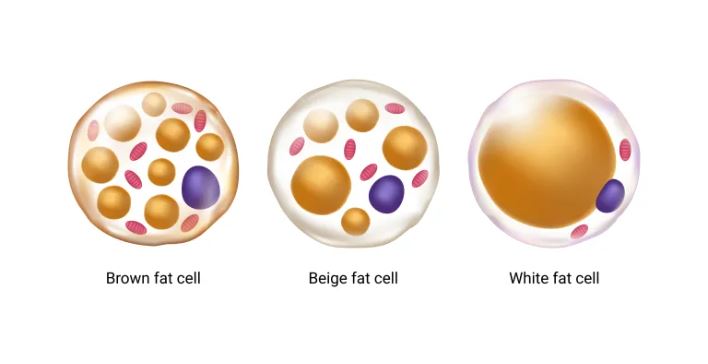A Cell journal review emphasizes that the adverse health effects associated with obesity do not solely result from an abundance of fat but are primarily attributed to the reduced adaptability of fat tissue, impairing its ability to respond to alterations. This diminished flexibility contributes to health problems like insulin resistance and inflammation.
The composition and operation of this tissue undergo transformations in reaction to weight fluctuations and the aging process. With advancing age and obesity, fat tissue experiences a reduction in its adaptability, making it less responsive to internal signals. According to the prevailing explanation for this phenomenon, the swift expansion of adipose tissue surpasses its vascular support, resulting in reduced oxygen supply to fat cells and the buildup of non-dividing cells. Consequently, this cascade of events leads to insulin resistance, inflammation, and cell demise, accompanied by the unregulated release of lipids from these cells.

The central role of adipose tissue dysfunction in disease and the incredible plasticity of fat tissue supports the promise of modulating fat tissue phenotypes for therapeutic purposes. Many questions and opportunities for future discovery remain, which will yield new insights into adipose tissue biology and hopefully lead to improved therapies for human disease.
Claudio J. Villanueva from the College of Life Sciences/ David Geffen School of Medicine / Patrick Seale from Perelman School of Medicine at the University of Pennsylvania








